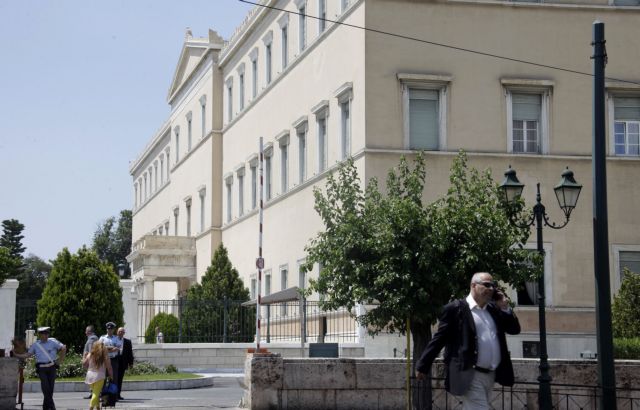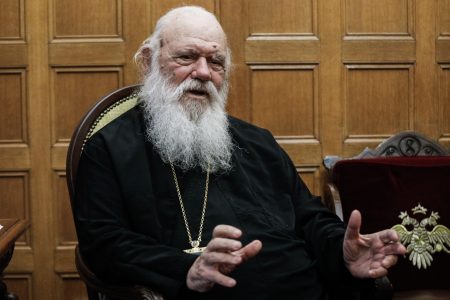The management of the great fire in Evia highlighted the self-denial and heroism of the Fire Service’s land forces and pilots and the capability of intervention of local government and citizen volunteers.
All forces for days gave their all to avert the worst, to limit as much as possible the extent of.the natural disaster, and to protect human life and property.
They succeded partially as no one can ignore the 3,000 hectares of virgin forest that went up in flames.
Unique ecosystems of plants and wild animals were lost at the bat of an eyelid.
Questions do, however, arise about the inability to automatically avert the disaster with an organised and effective reaction.
Although they praise the heroism of the firefighters, they do not hide the organisational and other weaknesses of the state – the lack of means and of a climate of responsibility in their services that can guarantee that in the future we will not lose lives as last year in Mati.
Let us not fool ourselves or become complacent. Isolated outbursts of great effort by state functionaries at tense moments do not suffice.
The state is characterised by complacency and resignation.
Employees are not moved by noble ambitions but rather by lowly, purely personal motivations that create conditions of paralysis ans of the least possible effort.
That is the prevailing spirit and has been for a very long time. It got worse over the last years of left-wing governance.
The previous government said it would bring change but kept all the ills of harsh party rule.
In the last four years whatprevailed was the simplistic and naïve view that what is crucial is to take power and everything else follows or even worse happens on its own.
The prior government said it won the elections in 2015 but that power remained in the hands of others.
The aim until the end was to gain power.
That explains a host of interventions in the judiciary, security, and the press.
That theory and pursuit penetrated the state and left behind a shambles.
Observers agree that the new government should systematically reorganise the state and public administration.
A functional and effective state free of parties and governments should be the result of the crisis.
It must be a state that respects citizens and can foresee events, can intervene in a timely manner, and can act effectively with the smallest possible cost.
We need this as a country and as a society because environmental crises and natural disasters will remain with us and with even greater intensity.





